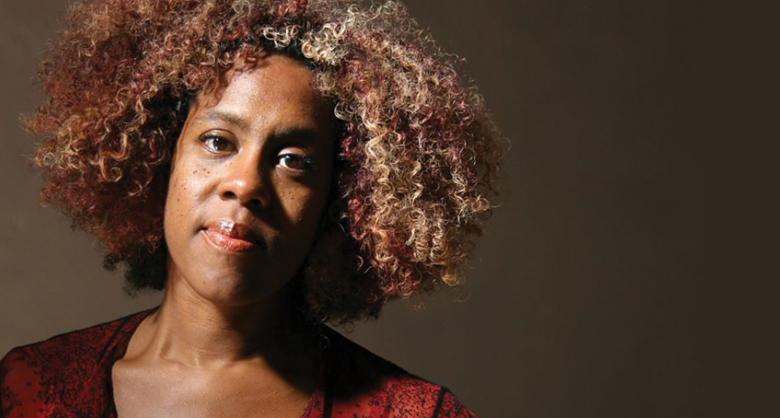Errollyn Wallen: ‘Singing is not a luxury, it's your identity’
Florence Lockheart
Monday, March 3, 2025
The award-winning composer and Master of The King’s Music sits down with Florence Lockheart to talk about her new commission, celebrating 15 years of the Women of the World foundation


Register now to continue reading
Don’t miss out on our dedicated coverage of the classical music world. Register today to enjoy the following benefits:
- Unlimited access to news pages
- Free weekly email newsletter
- Free access to two subscriber-only articles per month

